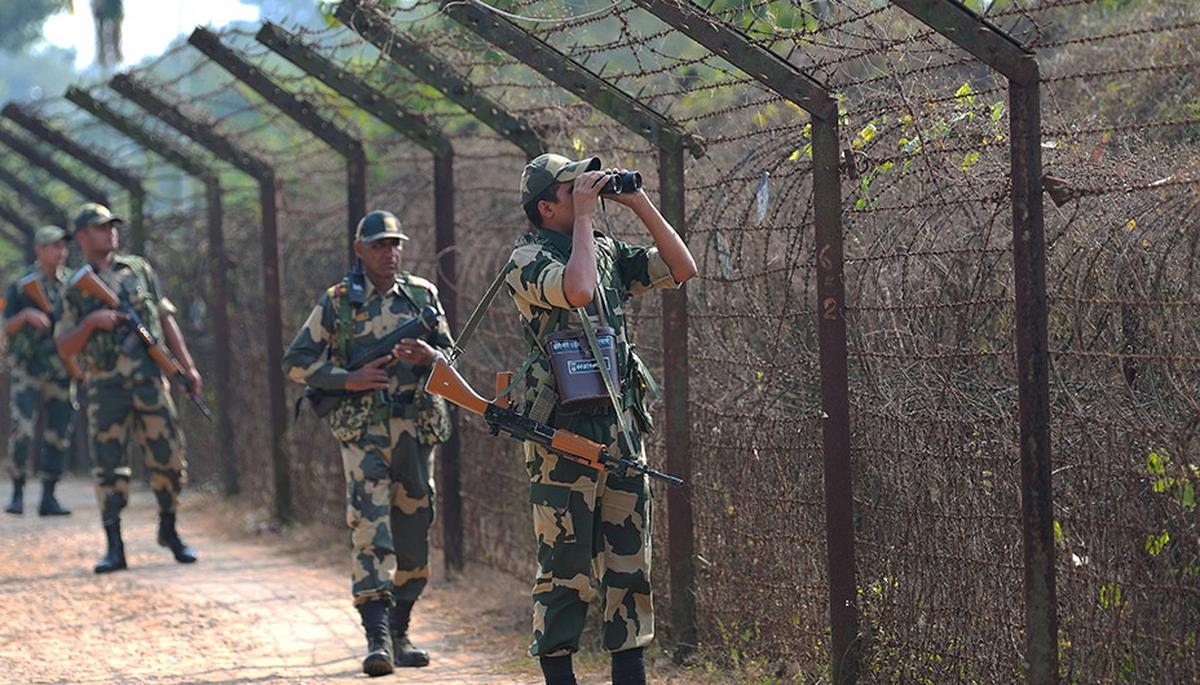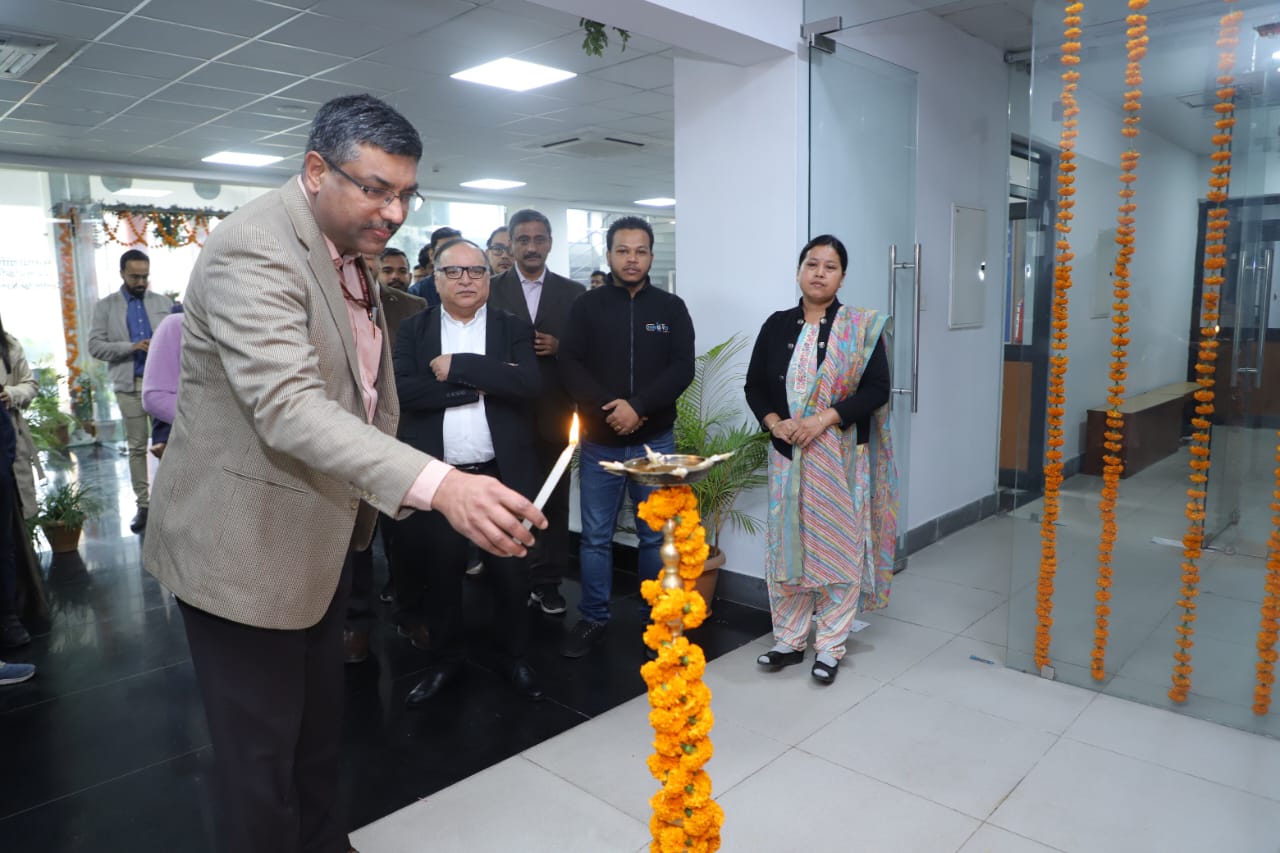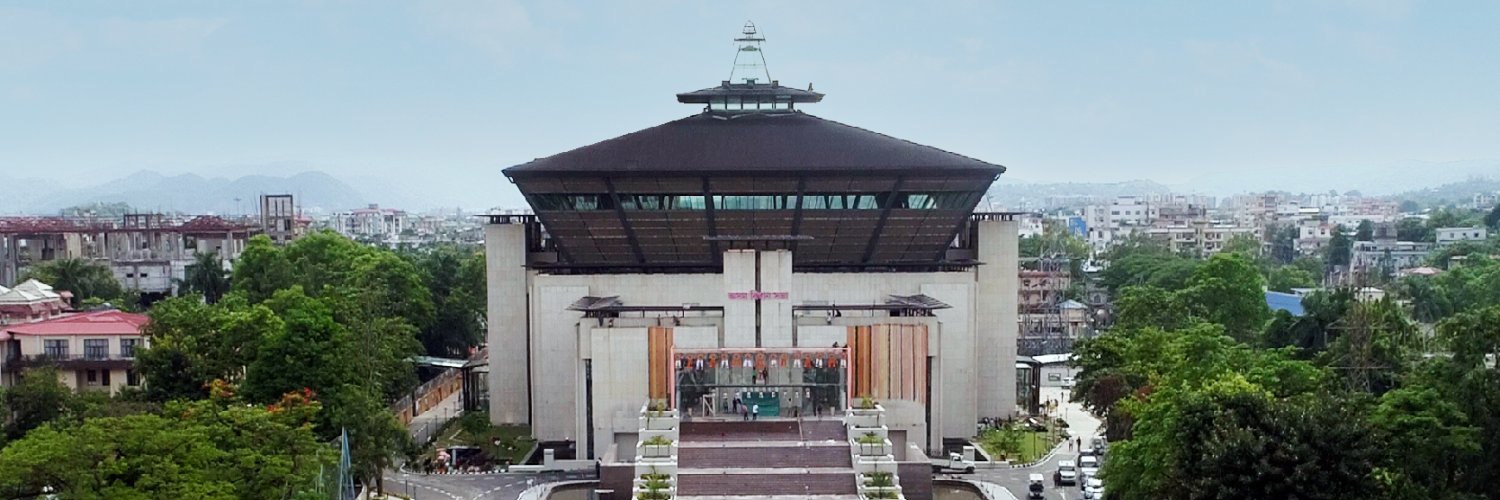‘Bangladesh should not again become haven for insurgents in NE’: Himanta Biswa Sarma
 KRC TIMES Assam Bureau
KRC TIMES Assam Bureau

GUWAHATI : Assam Chief Minister Himanta Biswa Sarma announced today that the central government has instructed the state to fully secure the India-Bangladesh border. Sarma said that the Assam government is maintaining rigorous surveillance along the border, ensuring that only those with valid passports, visas and verified citizenship are allowed entry.
“The change in the regime across the border has not resulted in any unauthorized crossings into our territory. We are committed to keeping the border secure to prevent any illegal infiltration,” Sarma said.
He expressed confidence that the Indian government, under the leadership of Prime Minister Narendra Modi, is taking necessary measures to safeguard the Hindu, Sikh, Jain, Buddhist and Christian communities in Bangladesh.
Meanwhile, in Bangladesh, the political landscape is shifting rapidly. The country is set to receive an interim government on Thursday following the resignation of Prime Minister Sheikh Hasina. Nobel laureate Muhammad Yunus has been confirmed to lead the new government.
The situation in Bangladesh has led to heightened vigilance on the Indian side. A BSF official reported, “The Bangladeshis had gathered at the border, but none were able to enter India as the border was completely sealed. They were later taken back by the BGB.”
Bangladesh is grappling with an unprecedented crisis as Sheikh Hasina, who led the country for 15 years, resigned and fled amid escalating protests. What began as demonstrations against a jobs quota system has erupted into widespread unrest against her government, resulting in over 300 deaths in recent weeks.
Speaking on the political turmoil in Bangladesh, Sarma said, “PM Modi will make sure that the North East does not become a safe haven for terrorists.”
He said that the incident in Bangladesh was a matter of concern for two reasons. Firstly, for the reason that if the turmoil continues, then the people of Bangladesh would come to India, and secondly, all extremists of the north-east were removed from Bangladesh during Sheikh Hasina’s rule.
“The incident in Bangladesh is a matter of concern for us for two reasons. Firstly, if this turmoil continues, then the people of Bangladesh will come to India. We need to make our borders safe. Secondly, all extremists of the North East were removed from Bangladesh during the rule of Shiekh Haseena,” he said.

He further stated that it would remain a matter of concern if Bangladesh becomes a valley of North East extremists.
“It will remain our concern that Bangladesh does not become a valley of North East extremists… We hope that the Indian government will be in talks with the new government and that the concerns of the North East will be considered,” Sarma stated.
Bangladesh is facing a fluid political situation, with Sheikh Hasina tendering her resignation from her post in the wake of mounting protests on August 5. The protests, led mainly by students demanding an end to the quota system for government jobs, evolved into anti-government demonstrations.
A day after Sheikh Hasina resigned as Prime Minister of Bangladesh and left the country, President Mohammed Shahabuddin announced the dissolution of the country’s parliament to make way for the formation of an interim administration, Dhaka Tribune reported.
Nobel laureate Muhammad Yunus has been appointed as the head of Bangladesh’s interim government, Dhaka Tribune reported. The Bangladesh President’s Press Secretary, Joynal Abedin, made the announcement.
The decision regarding the appointment of Bangladesh’s interim government head was made during a meeting between President Shahabuddin and the coordinators of the Anti-Discrimination Student Movement.





